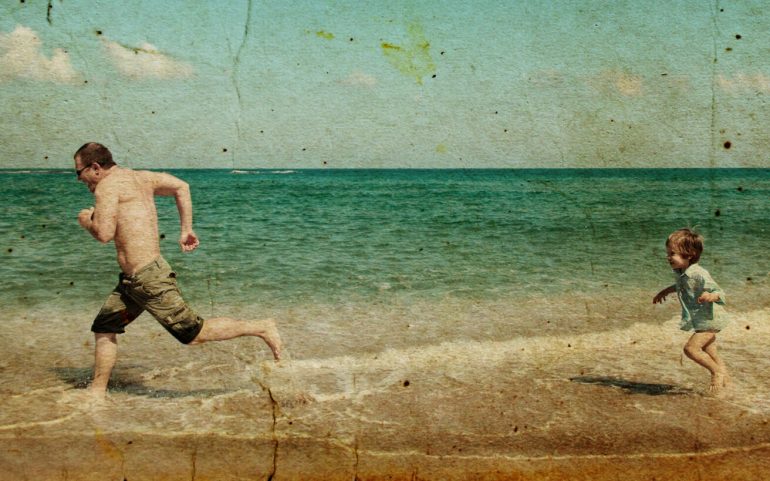How many times have you compared him then to today? How many times have you heard someone older say, "We are in our time." And the truth is that when we were little, this "in our time" seemed like something prehistoric. Growing up, however, our parents' stories have taken on a different color and, for us, more nostalgic.
And the stories of "that time" are a beautiful - sometimes melancholy - time travel. We say to make such a journey below. In the old days Athens, Greece of the last 50's, 60's, 70's which by many have been characterized as beautiful and even if they had their difficulties, mainly financial. We will make a trip to summers of those years and in the baths of the Athenians.
And then they may not have had the same weight as the "baths of the people", which Andreas Papandreou did not want to disturb years later, in the 80's with early elections, but they had their beauty, purity and they were like mirror of Greek society. Why, those baths were not given like today. It was a luxury, especially for families who did not have the financial comfort and the parents worked all day. It was, however, a nice Sunday trip to the countryside, such as Luca, Zoumberi, but also Scaramanga. Yes, Scaramanga before the refineries were built in the area.
Maybe you, as a child, had a milestone date for the first bath of summer, the feast of the Holy Spirit. The truth is that it used to play a lot. The adults of that time thought that then the weather had warmed up and it was the right time for the children to start bathing. First, they will cool down.
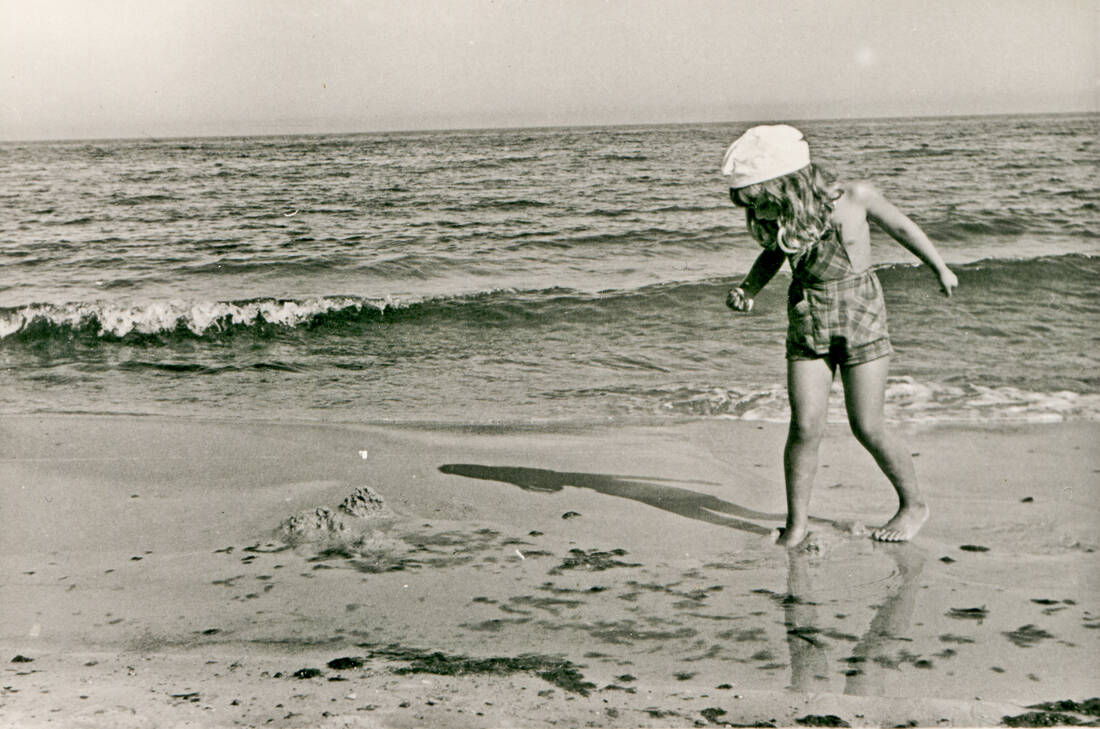
A view played by several families, with the children of those decades eagerly waiting to come to the Holy Spirit to go on a trip to sea. And when that day came, it was a celebration for both Christianity and home.
Mom, usually from the night before or very early in the morning, prepared the food they would take with them to the sea: meatballs, boiled potatoes mixed with cucumber and tomato, bread and cookies. And a hermit crab with water, which a few hours later with the sun became alisiva (as the old people used to say), that is, hot. After all, then the visit to the beach was all day.
And not all families had the financial comfort to buy some of the small canteens around the sea. Especially if it was a large family. Baked corn, however, was taken and the children of the time still have to remember. As they remember the ice cream in the cup (even if it was a celebration), but later also the old woman's wool.
In those years, Sunday was indeed a day of rest but also a day when the whole family was together. And it was the day that all Athenians poured out on the beaches of Attica. Paleo Faliro, Glyfada, Vouliagmeni, Loutsa, Porto Rafti, Piraeus, but also Skaramagkas (before the refineries were built) were "flooded" by people.
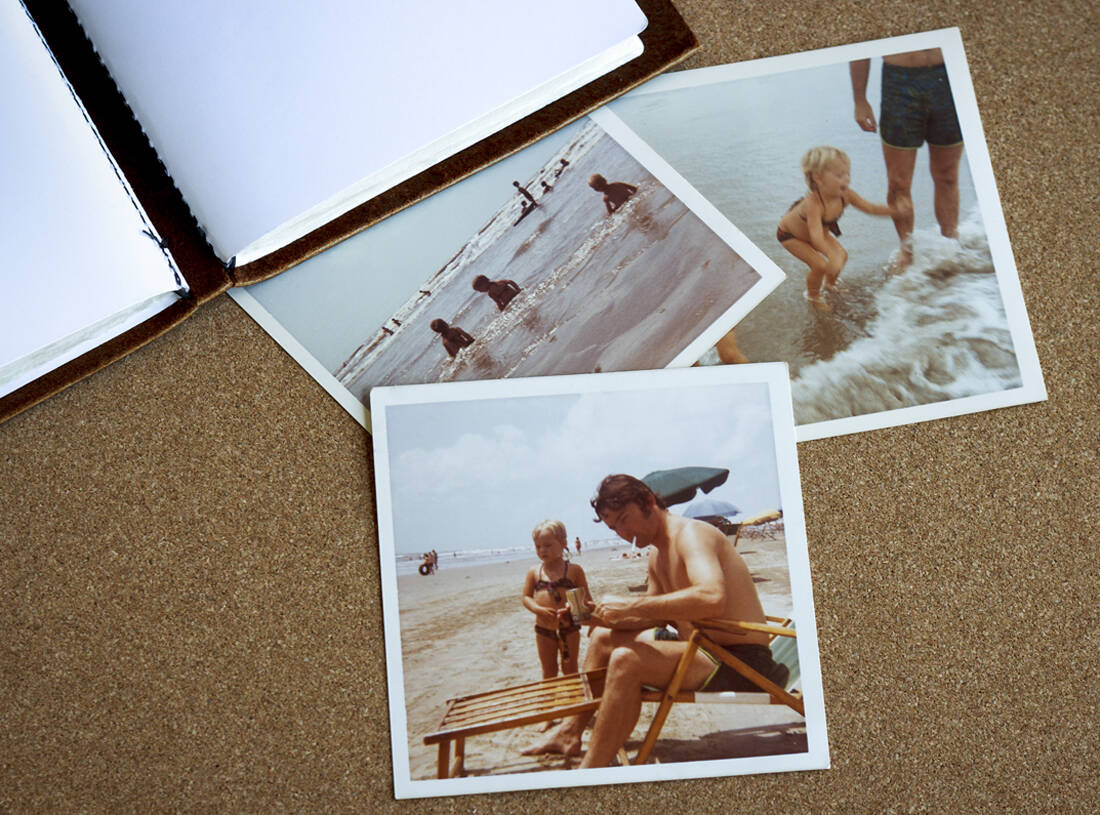
Families with children running up and down, grandparents who, when they found some free space, were buried in the ground to pass their rheumatics (as Kostas Voutsas's mother did in Greek movies), boys and older girls who from in the mid 50's and especially in the 60's and after they were all a company. They sat there and enjoyed the Attic sun, until sunset.
Not so many people went to the bathroom every day. Parents worked all day to make ends meet and the children sat with their grandparents. If they could, they would take their grandchildren on weekdays and take the bus to the bathroom, especially to the southern suburbs. If, again, there was an aunt who lived in the Glyfada cottage, the children would go for a few days to spend their holidays there and take a bath.
The youth of the time, again, went to the bathroom more regularly. Apart from Sundays, they also went on weekdays, mainly by bus. Of course, in old Athens there was no lack of the neighbor's truck that loaded the children of the neighborhood with their parents and everyone went to sea.
Those who again had the privilege of living in areas with the sea, could and did enjoy it every day. In Piraeus they went for a swim in Votsalakia and Faliro, since then they were clean.
And strange as it may sound today, especially in the 50s, Scaramangas was a top swimming destination for many Athenians in the center, mostly, who combined it as an excursion. And its beaches were full of people.
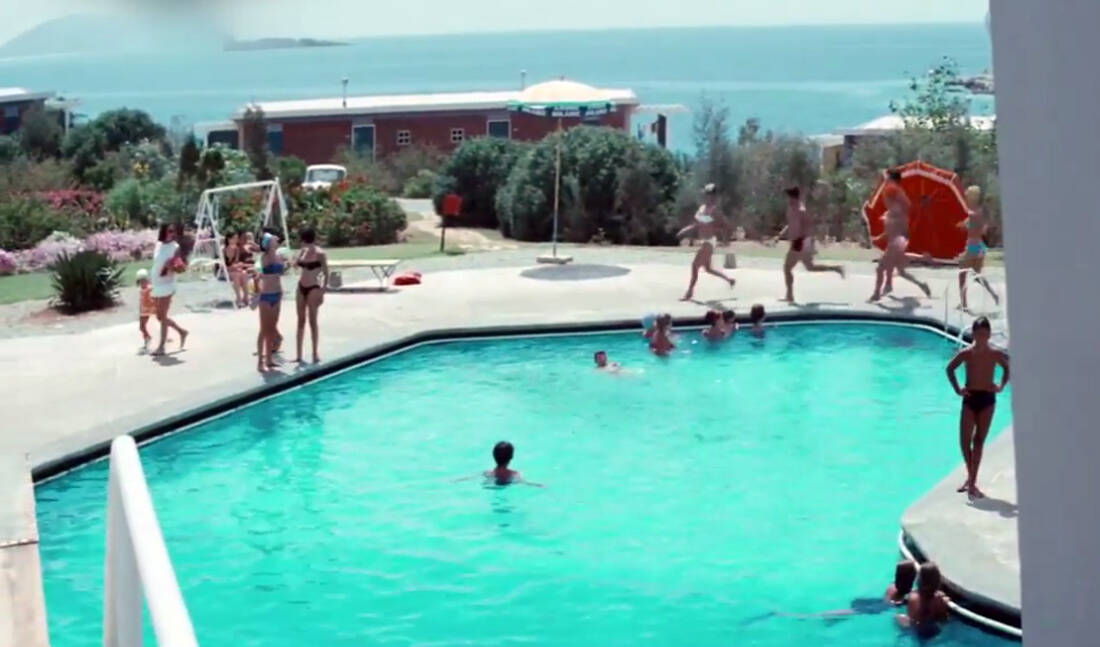
Those who did not live at that time, have a good picture through the films of the old Greek cinema. Besides, a few had scenes from the sea. And through them, we get a taste of what it was like in the summers of families who didn't have the relative financial comfort, but also how those who could go to the organized beaches and enjoy the comforts they offered.
After all, by the end of the 50s, bells and whistles were being made. Until then, the coastline of Attica was almost deserted. When the beaches began to be organized with the necessary infrastructure, the Athenians flooded them every Sunday of the summer.
Beaches like the Stars of Glyfada advertised the amenities they offered for an ideal swim and beach games.
Indicative here is a tribute of the magazine Icons in July 1962, in the baths of the Athenians.
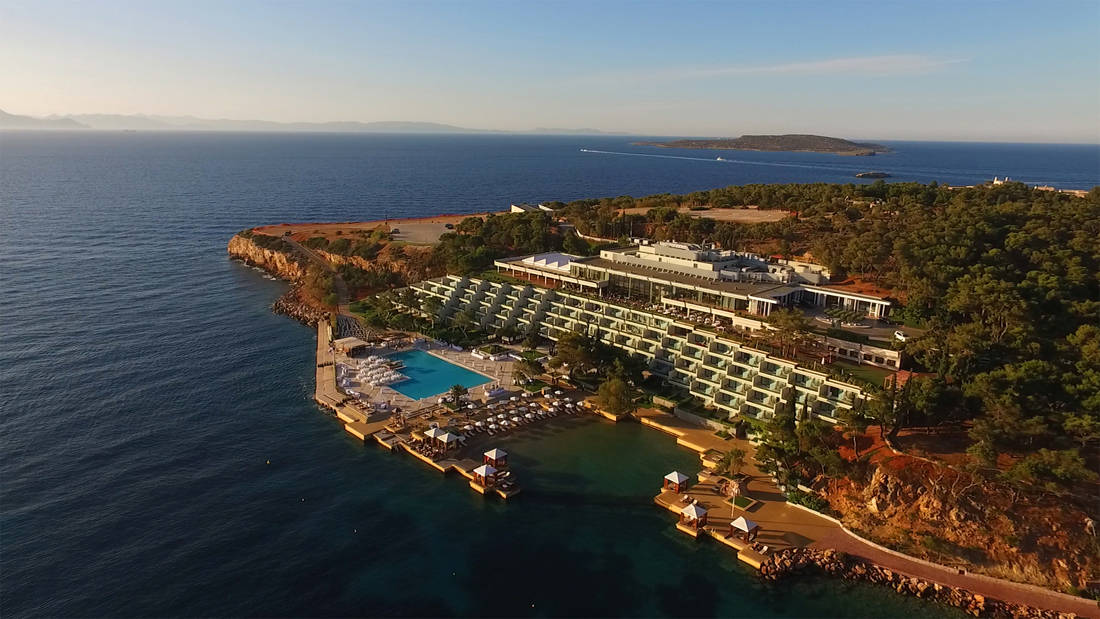
"There are an estimated 250.000 bathers, who spread every Sunday from the Gulf of Eleusis to beyond Varkiza. However, even on weekdays their number is not negligible. This is confirmed by the crowded small and large beaches, which have multiplied like mushrooms in recent years, as well as the humble coves and anonymous beaches, which do not lag behind visitors ", he wrote.
A little further on, until 1959, in the Neck of Vouliagmeni, there was a pine-covered area that ended up on a sandy beach with turquoise waters. That beautiful beach was organized on a beach and was named "Star». The services he provided were pioneering at the time, attracting the interest of celebrities.
In the following years, stars of the then Greek showbiz, but also famous stars, politicians and businessmen, such as Aristotle Onassis, chose Asteras for a few days of vacation, enjoying their baths and the Attic sky from the bells that lived, knowing that they would have confidentiality. and discretion.
With hard work, sweat, deprivation and hard work, many Athenians of the middle class, in particular, put aside a compound to make their dream come true at some point: to build a small house outside the center to spend the summer vacation.
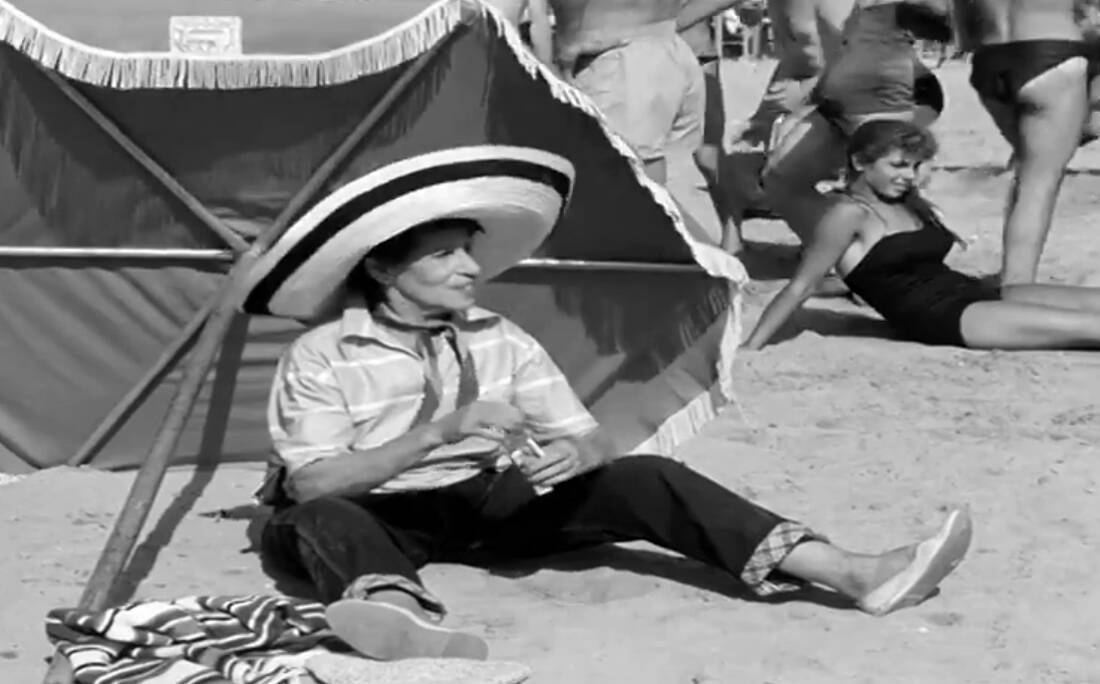
Thus, they began to explore the coastal areas of Attica. Many were those who with their savings bought small apartments in the now classic holiday apartment buildings of the 60's and 70's, in areas such as Loutsa, Nea Makri, Rafina, Zoumberi, Porto Rafti, Varkiza or Agia Marina. Others, on the other hand, bought a plot of land and built a small room at the beginning and over the years a second and then a third until it became a regular cottage.
There, the grandparents with the grandchildren spent the whole summer vacation and their parents visited them on the weekends when they were not working. For some over the years, holiday homes have become their permanent home and they are all full of memories of those beautiful years.
